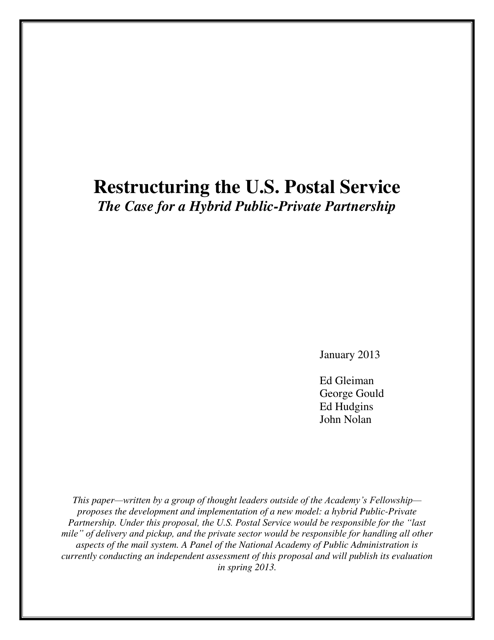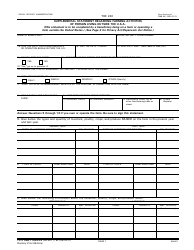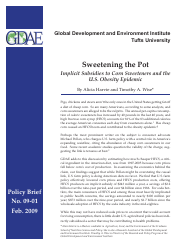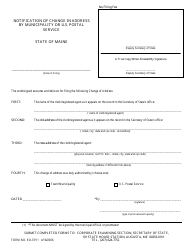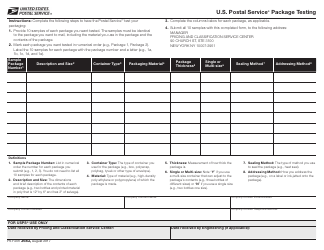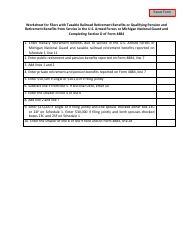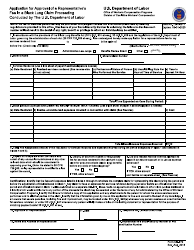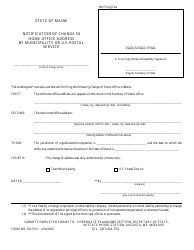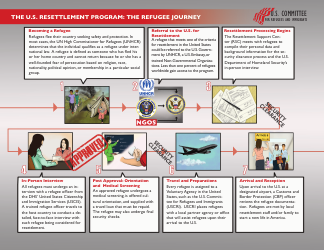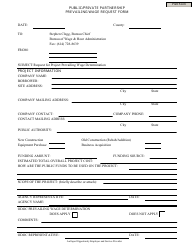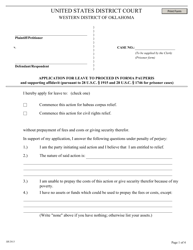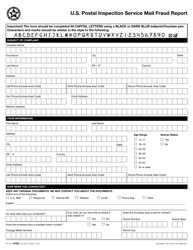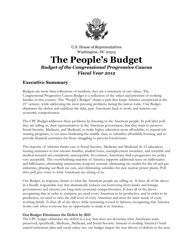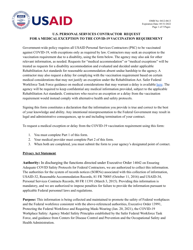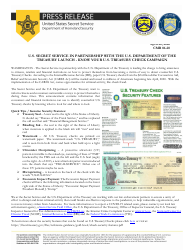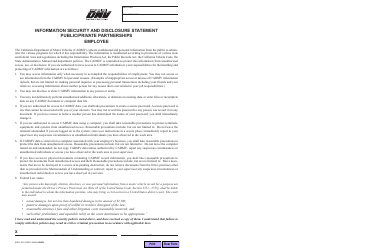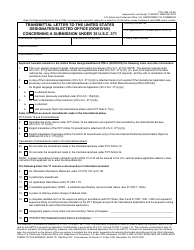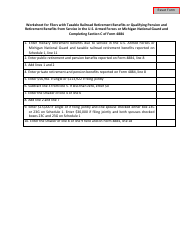Restructuring the U.S. Postal Service - the Case for a Hybrid Public-Private Partnership
The purpose of restructuring the U.S. Postal Service into a hybrid public-private partnership is to improve its operational efficiency, financial sustainability, and service quality. This model aims to combine the strengths of the public sector (such as widespread reach and universal service obligation) with the innovation and flexibility of the private sector.
The Restructuring the U.S. Postal Service - the Case for a Hybrid Public-Private Partnership document was filed by the United States Postal Service (USPS).
FAQ
Q: What is the case for a hybrid public-private partnership for the U.S. Postal Service?
A: A hybrid public-private partnership for the U.S. Postal Service is being considered as a way to address financial challenges and enhance efficiency.
Q: What is a hybrid public-private partnership?
A: A hybrid public-private partnership is a collaboration between a government entity and a private company, combining their resources and expertise.
Q: Why is restructuring the U.S. Postal Service necessary?
A: Restructuring the U.S. Postal Service is necessary due to financial challenges and the need to adapt to changing mail and package delivery trends.
Q: What are the benefits of a hybrid public-private partnership?
A: A hybrid public-private partnership can potentially improve the financial stability of the U.S. Postal Service, enhance service quality, and drive innovation.
Q: Would a hybrid public-private partnership impact mail delivery to rural areas?
A: The impact of a hybrid public-private partnership on mail delivery to rural areas would depend on the specific arrangement and regulations put in place.
Q: How would a hybrid public-private partnership affect postal employees?
A: The impact on postal employees would depend on the specific hybrid public-private partnership model chosen and could involve changes in job roles or employment terms.
Q: What are some examples of successful public-private partnerships in other countries?
A: Examples of successful public-private partnerships in other countries include Royal Mail in the United Kingdom and Deutsche Post DHL in Germany.
Q: Are there any potential risks or challenges associated with a hybrid public-private partnership for the U.S. Postal Service?
A: Some potential risks or challenges may include ensuring fair competition, safeguarding customer data and privacy, and maintaining universal service obligations.
Q: Is the U.S. Postal Service's financial situation a driving factor for considering a hybrid public-private partnership?
A: Yes, the financial situation of the U.S. Postal Service is one of the driving factors behind considering a hybrid public-private partnership.
Q: Is a hybrid public-private partnership the only option for restructuring the U.S. Postal Service?
A: No, a hybrid public-private partnership is one option being considered, but there may be other potential approaches to restructuring the U.S. Postal Service.
